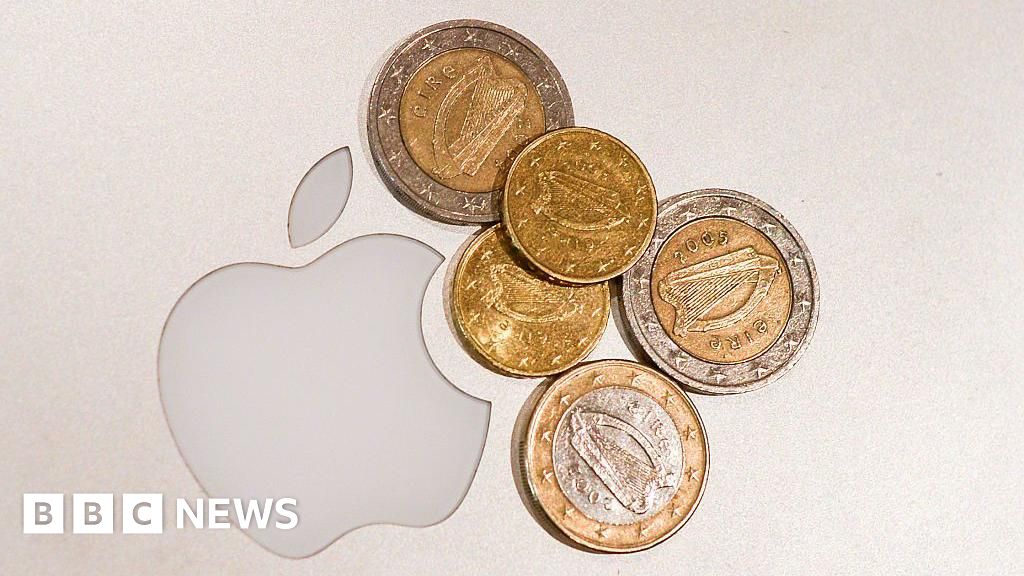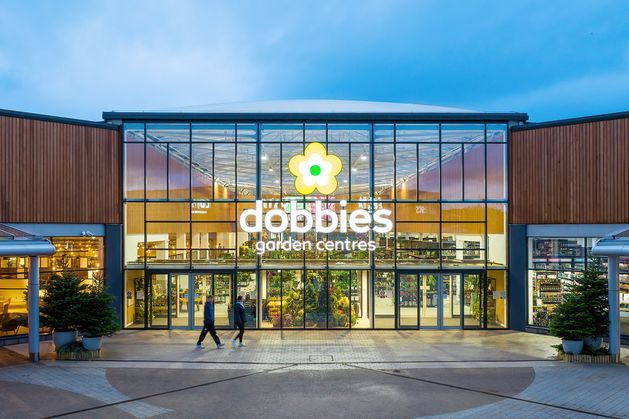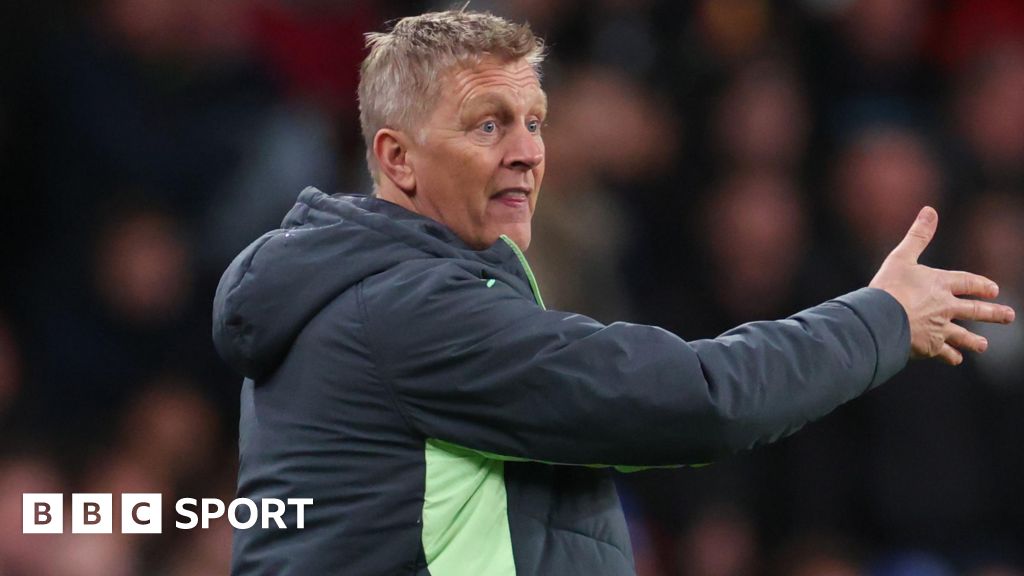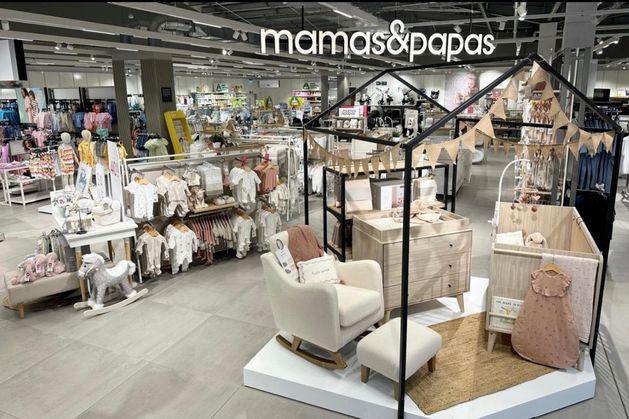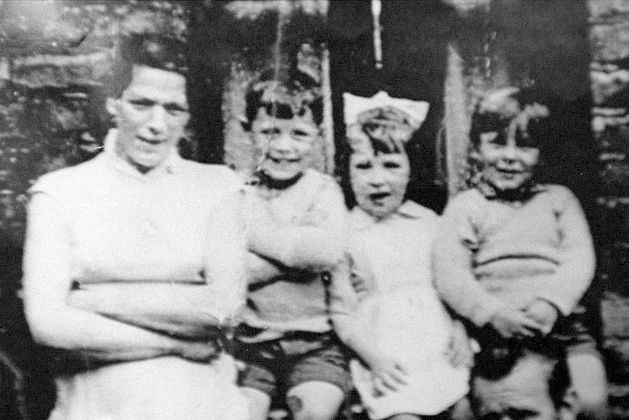Fashion
Tesco shares climb 4% as operating profits in UK and the Republic top €3.1bn

Tesco shares climbed 4% after the British supermarket group posted a surge in annual operating profit to £2.67bn (€3.1bn) from its operations in the UK and the Republic of Ireland, as sales prospered despite the worst cost-of-living crisis in decades.
Sales rose in the UK to £44.3bn (€51.76bn), an increase of 7.7% in the financial year that runs to late February, while sales in the Republic gained almost 7% to £2.9bn (€3.39bn), the annual results show.
Tesco total sales in the UK and the Republic rose to £56.3bn (€65.78bn) when the operations of its British wholesaler and supplier, Booker, are accounted for. Operating profit in the UK and the Republic climbed 16% to a total of £2.67bn (€3.12bn), although the supermarket group doesn’t break out the figures in the group results.
Tesco competes with Dunnes and the Musgrave-owned SuperValu in top three largest supermarkets in terms of sales in the Republic, where it has 173 outlets, including a newly opened superstore at Adamstown on the outskirts of Dublin and four new outlets under its Tesco Express name. It has 55 stores in the North, and is by far the largest grocery retailer by market share in Britain.
In the Republic, Tesco said that as tracked by the market researcher Kantar it had gained market share over the past year but that it had also driven sales growth with new store openings including at Adamstown and from the full-year contribution of nine Joyce’s stores in county Galway bought in 2022.
Tesco said its food sales in the Republic grew by over 9%, helped by bakery and “innovations in coffee, hot food and food-on-the-go offers”. However, sales of home and clothing fell almost 4% as it devoted more space to food, it said. Tesco said it has now issued 1 million of its Tesco Clubcard loyalty cards in the Republic.
“We have now gained market share in RoI for 24 consecutive four-week periods, taking our share to 23.6% at the end of the year, up 73 basis points year-on-year,” the company said in the results announcement.
In contrast to the UK and Ireland, its operations in Central Europe faced a “challenging backdrop”, posting an increase in like-for-like sales of a meagre 0.2%, “reflecting a challenging trading environment due to ongoing inflationary pressures”.
Ken Murphy, group chief executive, said it had taken on price promotions offered by rivals in the past year.
He said easing food inflation, lower energy prices and employment levels holding up made him “quite positive” for 2024. “There is loads of uncertainty out there, but I see a gentle improvement in customer sentiment, and our business is in really good shape,” he told reporters, referring to outlook in Britain.
His comments chimed with recent survey data showing signs Britain’s two-year cost-of-living crisis is easing, with confidence improving among British consumers about the outlook for their finances and the number struggling to pay their bills down year-on-year.
Tesco was also benefiting from its strategy of matching the prices of discounter Aldi on key items.
These programmes have been financed by taking £1.2bn (€1.4bn) of costs out of the business over the past two years. A further £500m (€584m)of savings are planned for its 2024/25 financial year.
The shares closed over 5% higher in the latest session and were trading 13% above levels of a year ago. Tesco raised its dividend by 11% and said it would buy back a further £1bn (€1.17bn) worth of shares over the next year.



